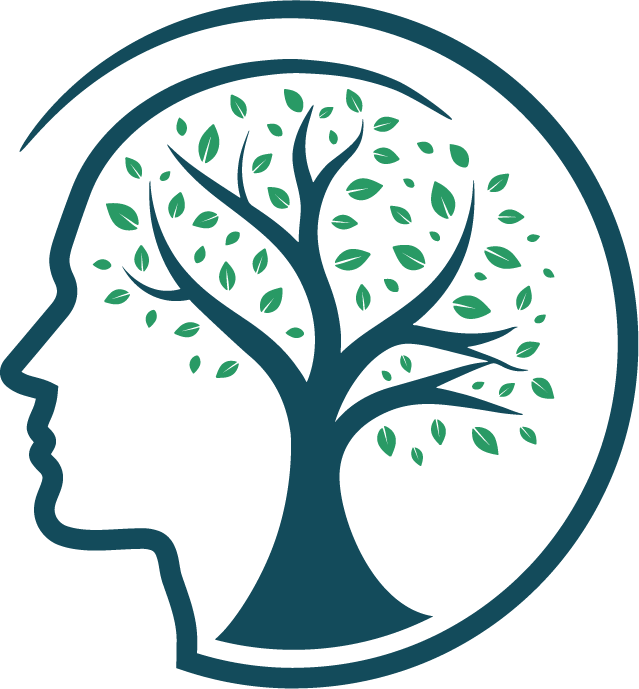The Great Outdoors…
How Getting Outdoors Can Help Manage ADHD
Attention Deficit Hyperactivity Disorder (ADHD) affects many individuals, often leading to challenges in concentration, impulsivity, and hyperactivity. While medical and psychological interventions play a pivotal role in managing ADHD, incorporating outdoor activities into daily routines can provide significant complementary benefits.
The Science Behind Nature and ADHD
Research has shown that exposure to natural environments can improve attention and reduce symptoms of ADHD. Studies indicate that spending time in green spaces or engaging with nature leads to a reduction in hyperactivity, impulsivity, and inattentiveness. This phenomenon is often referred to as the “Attention Restoration Theory,” which suggests that natural settings replenish cognitive resources, allowing for improved focus and self-regulation.
Benefits of Outdoor Activities for ADHD
1. Improved Attention and Concentration
Natural environments provide restorative effects that help replenish attention capacity. Activities such as walking, gardening, or simply sitting in a park can reduce mental fatigue and enhance concentration in individuals with ADHD.
2. Reduction in Hyperactivity
Outdoor physical activities like cycling, running, or playing sports can help expend excess energy, decreasing hyperactive behaviours. The varied stimuli in nature also keep the brain engaged without overwhelming it, balancing stimulation and calmness.
3. Enhanced Mood and Emotional Regulation
Spending time outdoors is associated with increased serotonin levels and reduced cortisol, which help manage mood swings and anxiety often linked with ADHD. The calming effect of nature aids in emotional regulation and stress reduction.
4. Encouragement of Mindfulness and Routine
Engaging with nature can encourage mindfulness practices and establish positive routines. Whether through mindful walking or observing wildlife, these experiences foster a present-moment focus, which is especially beneficial for those with ADHD.
Practical Ways to Incorporate the Outdoors
Daily Walks: A simple, effective way to receive nature’s benefits.
Gardening: Offers sensory engagement and a sense of accomplishment.
Outdoor Sports: Team sports or individual activities harness physical energy productively.
Nature-Based Mindfulness: Practising mindfulness outdoors combines mental and environmental benefits.
Family Outings: Incorporate nature-based activities as a family, enhancing social and emotional support.
Final Thoughts
While outdoor activities are not a substitute for professional ADHD treatment, they serve as a valuable adjunct that can improve attention, reduce symptoms, and enhance overall well-being. Encouraging regular contact with nature can be an accessible, cost-effective strategy for managing ADHD symptoms in both children and adults.
At The Yorkshire ADHD Clinic, we support holistic approaches that include lifestyle modifications such as outdoor activity to complement clinical care and optimise outcomes for those living with ADHD.
